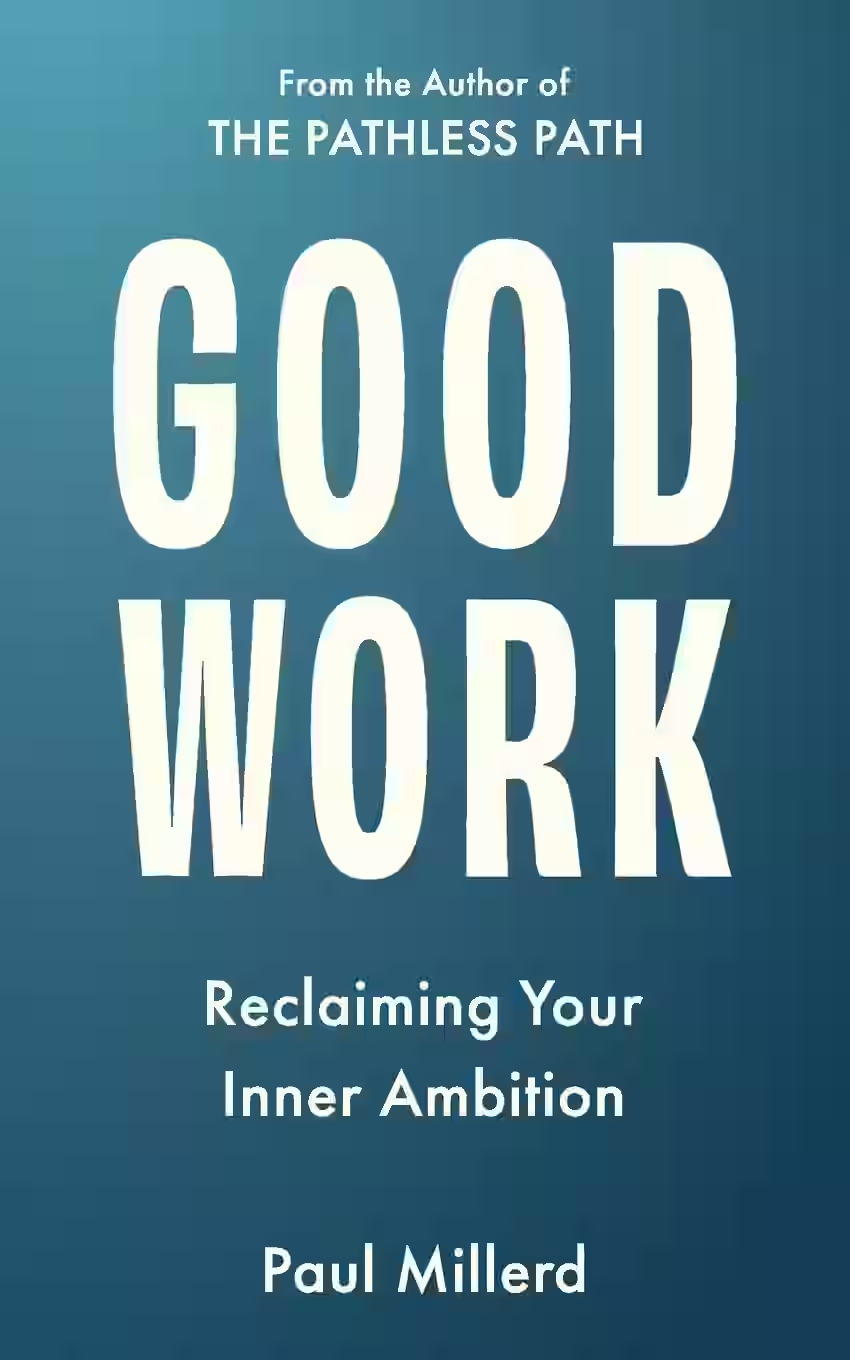
Paul Millerd's Good Work challenges our conventional understanding of work, asking if it can be a source of profound aliveness. Through personal stories, Millerd recounts his journey from chasing ideal jobs to seeking escape, culminating in a pivotal question: what if work doesn't have to be dissatisfying? This isn't about corporate success or relentless hustle, but about questioning work's role in a fulfilling life. Millerd explores embracing uncertainty, finding new motivations, prioritizing family, and discerning truly ambitious paths, offering companionship for those seeking a more meaningful way to work and live.
About Paul Millard
A notable figure in the online productivity and learning space, particularly known through his association with Ness Labs and his own work on focus and deep work. He often synthesizes research from cognitive science and psychology to provide actionable strategies for improving concentration, creativity, and knowledge acquisition. Millard's insights focus on optimizing digital environments, managing distractions, and cultivating deliberate practice to achieve higher levels of performance in a world of constant information overload.
Similar Books
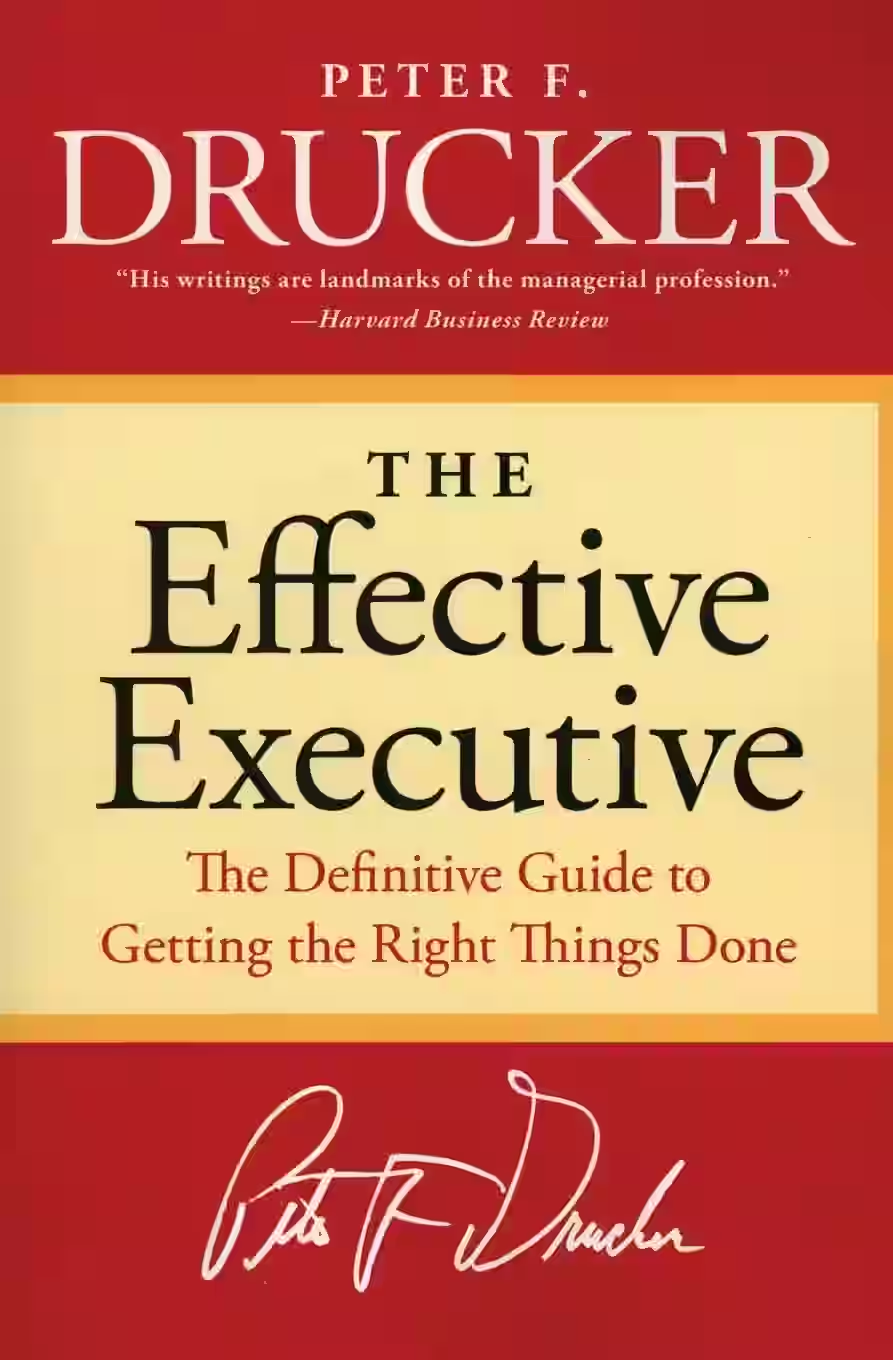
The Effective Executive
In The Effective Executive, Peter Drucker outlines the essential practices that make executives—and knowledge workers—more productive and impactful. Rather than focusing on charisma or innate talent, Drucker emphasizes disciplined time management, clear priorities, effective decision-making, and results-driven action. He argues that effectiveness is a skill that can be cultivated through habits such as knowing where time goes, focusing on contribution, and concentrating on a few key tasks. Written with clarity and timeless wisdom, this concise book remains a cornerstone of leadership and management literature, offering practical insights for professionals aiming to lead with focus, intention, and strategic purpose.
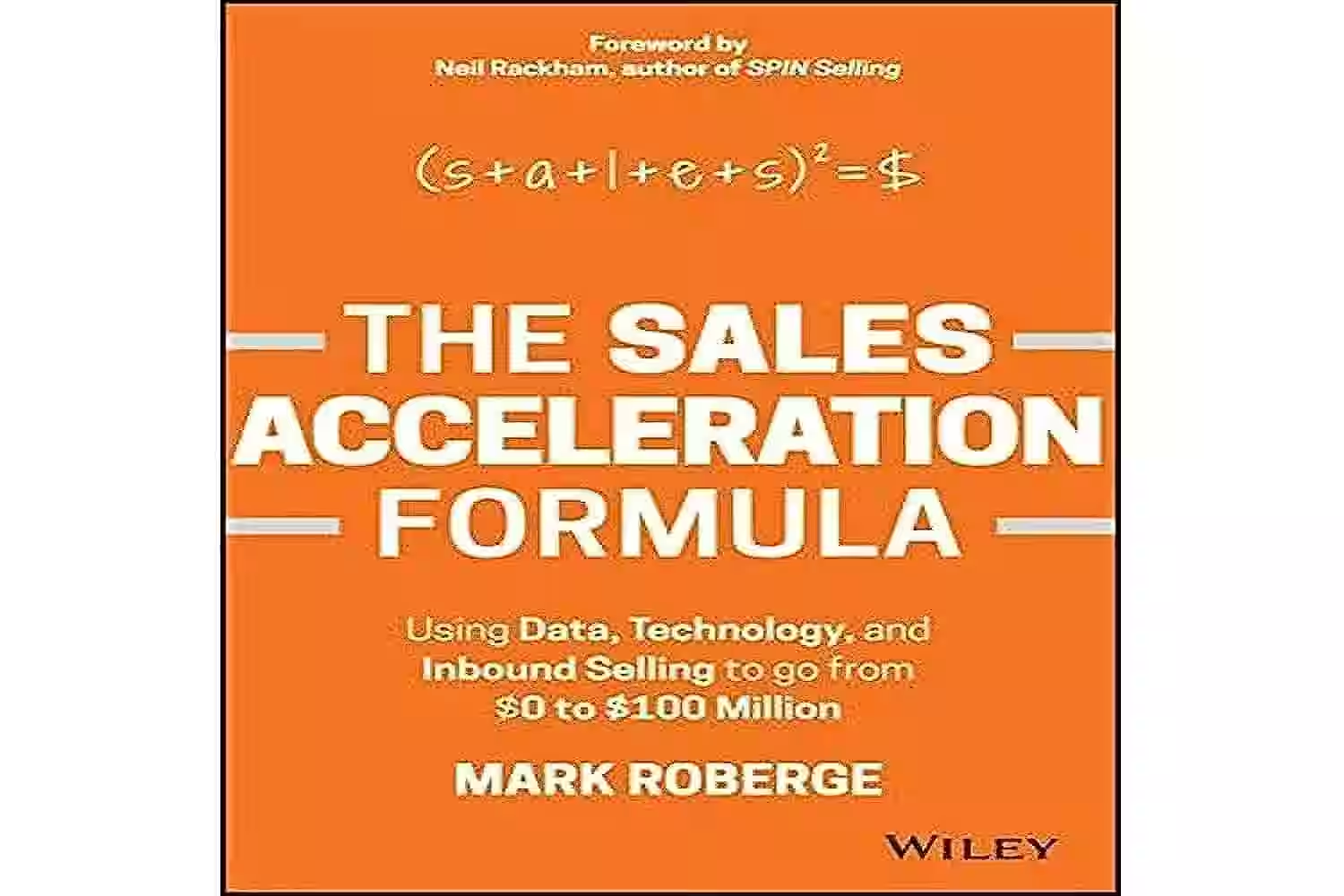
The Sales Acceleration Formula
by Mark Roberge
In 'The Sales Acceleration Formula' by Mark Roberge, readers are taken on a transformative journey through the world of sales strategies and entrepreneurship. Roberge, a former CRO of HubSpot, provides invaluable insights into how data-driven methodologies can revolutionize sales processes. Through real-life examples and actionable advice, he presents a compelling framework for implementing scalable and successful sales practices. From hiring the right talent to leveraging technology effectively, this book covers a wide array of topics essential for sales growth. Roberge's refreshing approach challenges traditional sales tactics and champions a more scientific, analytical approach to driving revenue. 'The Sales Acceleration Formula' is a must-read for anyone looking to revamp their sales tactics and achieve sustainable growth.
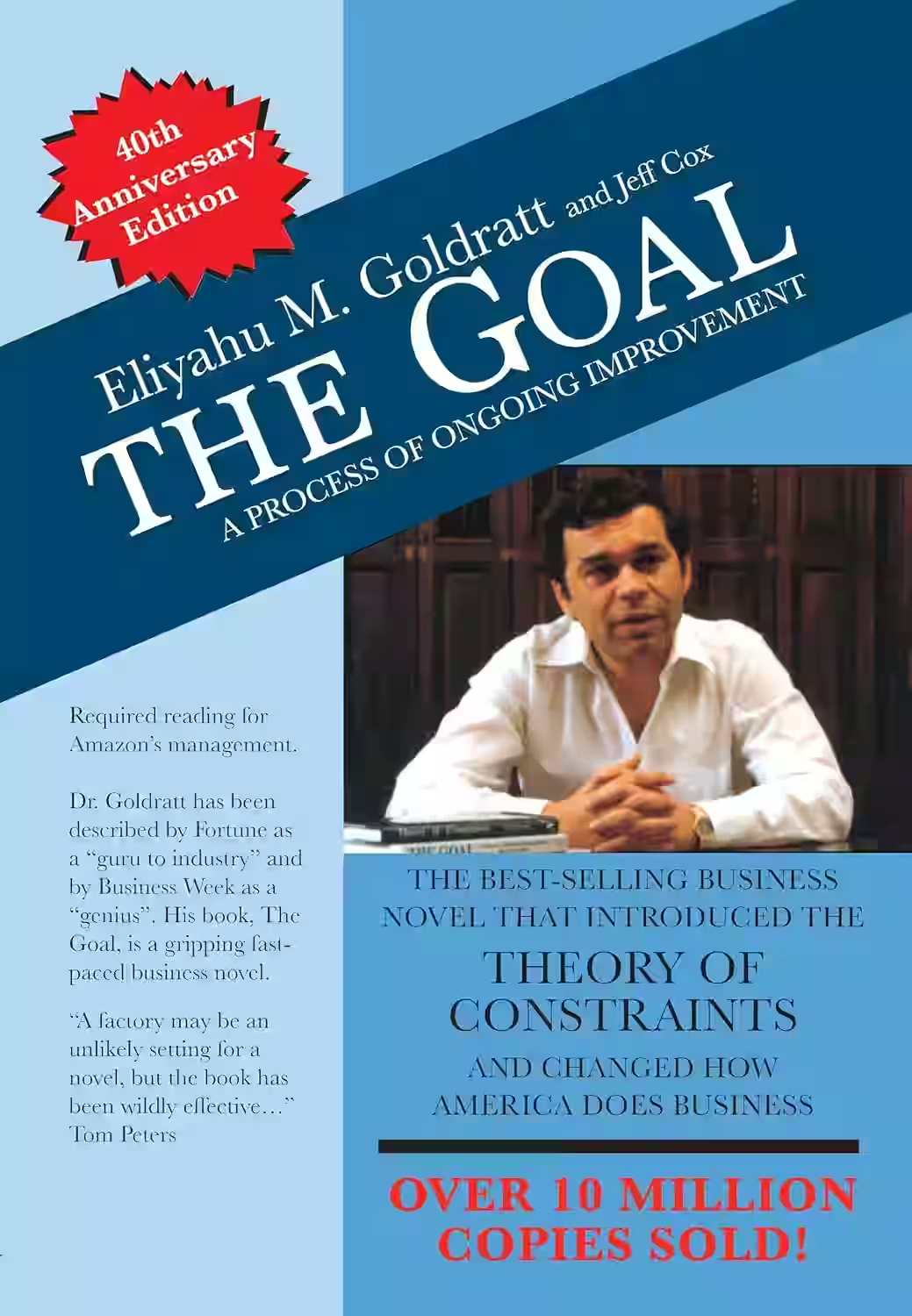
The Goal
Written in a fast-paced thriller style, The Goal is the gripping novel which is transforming management thinking throughout the Western world. Alex Rogo is a harried plant manager working ever more desperately to try and improve performance. His factory is rapidly heading for disaster. So is his marriage. He has ninety days to save his plant—or it will be closed by corporate HQ, with hundreds of job losses. It takes a chance meeting with a colleague from student days—Jonah—to help him break out of conventional ways of thinking to see what needs to be done. The story of Alex's fight to save his plant is more than compulsive reading. It contains a serious message for all managers in industry and explains the ideas which underline the Theory of Constraints (TOC) developed by Eli Goldratt.
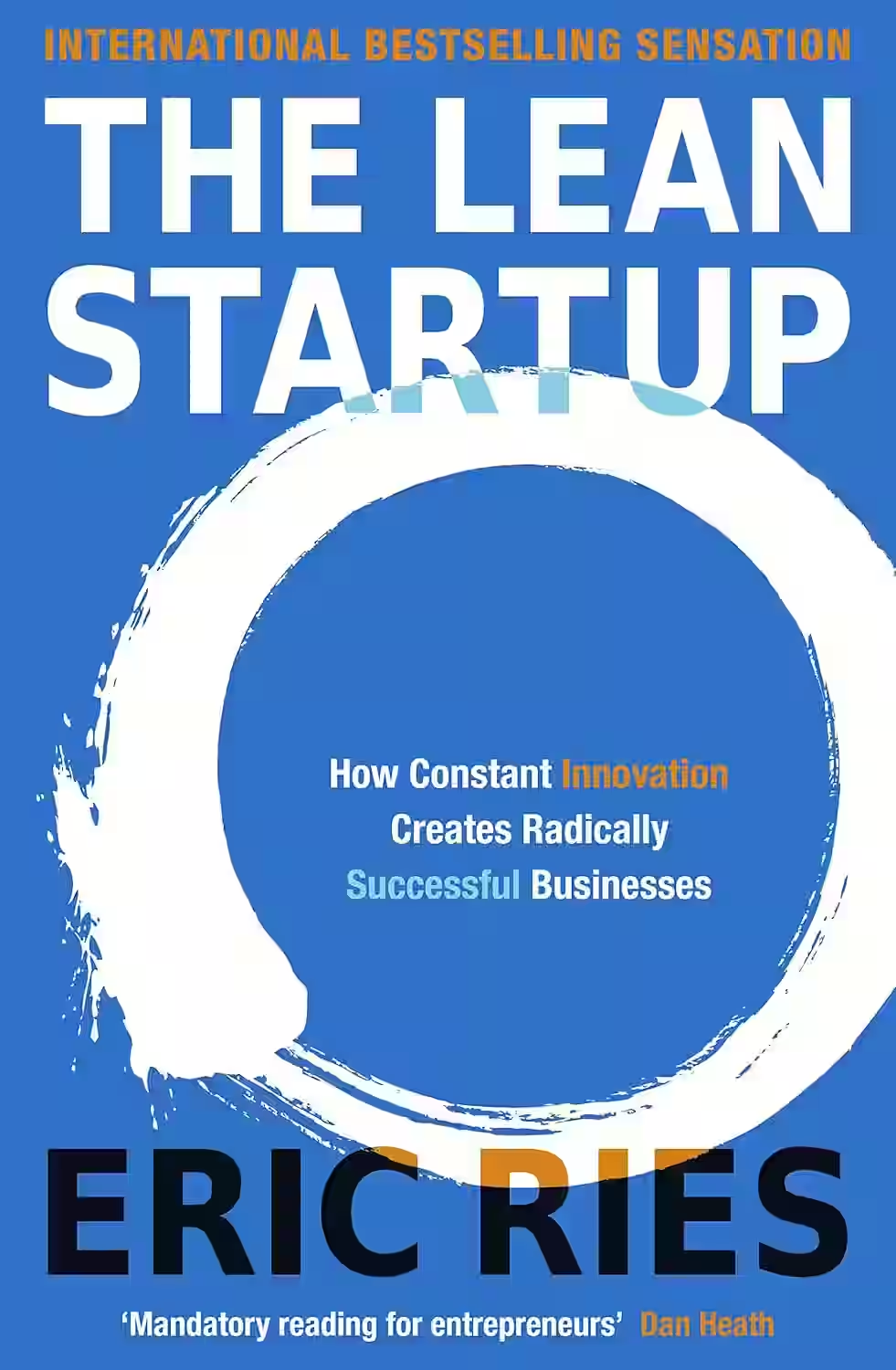
The Lean Startup
by Eric Ries
The Lean Startup presents a framework for building startups through continuous innovation, rapid experimentation, and customer feedback. Eric Ries introduces concepts like the Build-Measure-Learn loop, minimum viable product (MVP), and validated learning to help entrepreneurs reduce waste and improve decision-making. Rather than perfecting a product before launch, Ries advocates iterative development and pivoting based on real-world data. This approach enables startups to adapt quickly and succeed in uncertain markets. With practical tools and real examples, The Lean Startup has become a foundational guide for modern entrepreneurship, influencing startups, tech companies, and corporate innovation programs around the world.